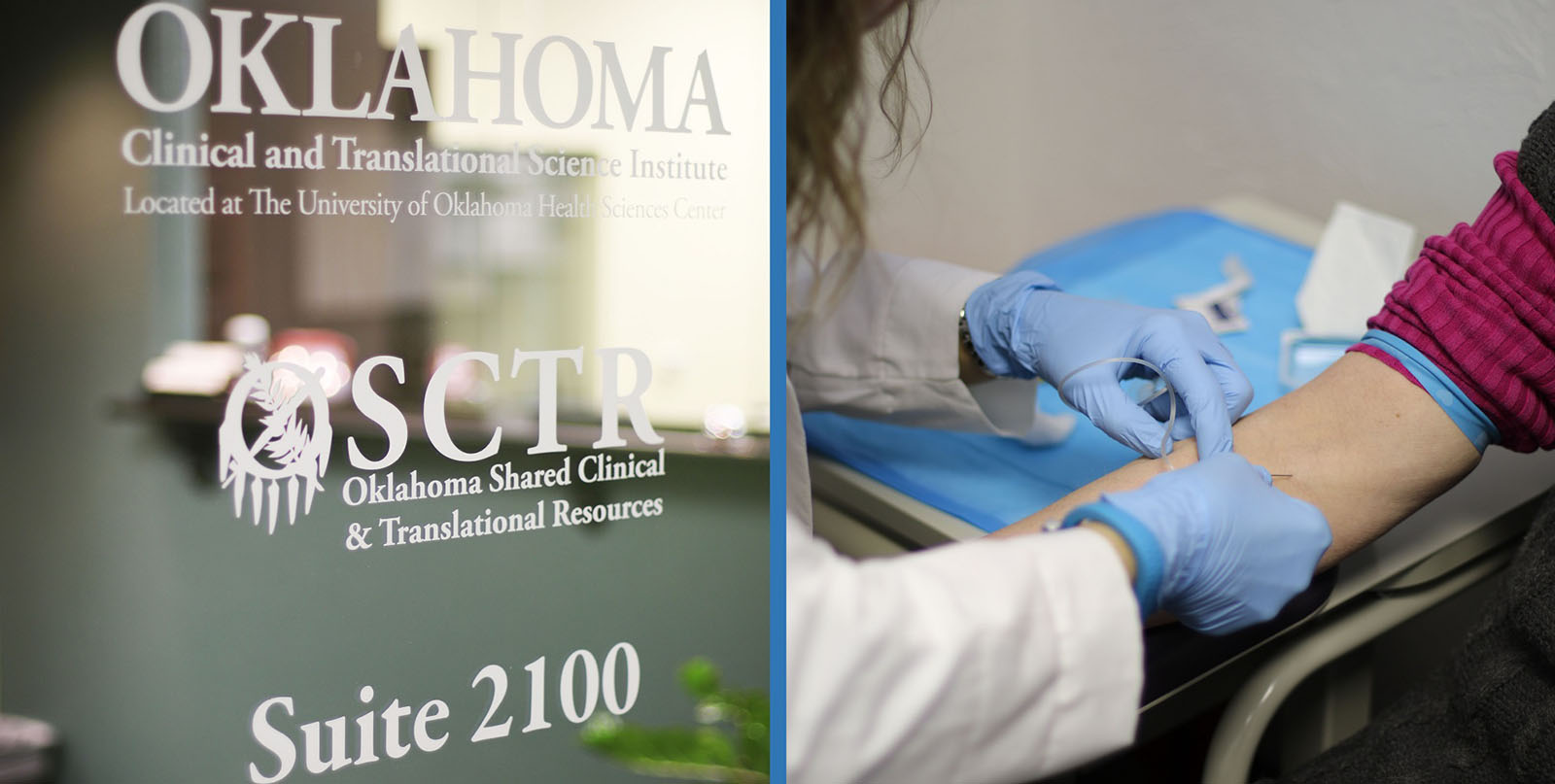Assessment of clinical pregnancies in up to eight ovarian stimulation with intrauterine insemination treatment cycles in those unable to proceed with in vitro fertilization
Fertil Steril. 2024 Jul;122(1):114-120. doi: 10.1016/j.fertnstert.2024.02.018. Epub 2024 Feb 15.
ABSTRACT
OBJECTIVE: To study the primary objective of clinical pregnancy (CP) rate per ovarian stimulation with intrauterine insemination (OS-IUI) treatment cycle in patients with repetitive cycles up to a maximum of 8 cycles.
DESIGN: Retrospective cohort.
SETTING: Large fertility clinic.
PATIENTS: A total of 37,565 consecutive OS-IUI cycles from 18,509 patients were included in this study.











